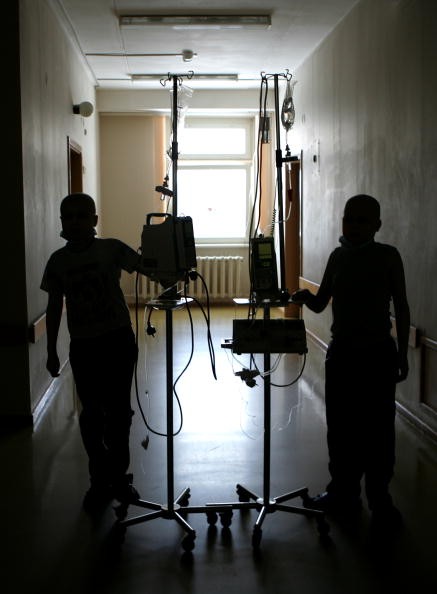
Childhood cancer survivors have a long way to go before achieving a truly healthy life. Based on a new study, the effects of the disease can linger all the way to adulthood where they manifest in physical and mental chronic health conditions.
The research conducted by St. Jude Children's Research Hospital and Danish Society looked into the treatment outcomes of childhood cancers once they reach adulthood. They looked into the hospital data of more than 33,000 patients whose ages ranged from 15 to 39 and who were diagnosed with cancer from 1943 to 2004. These patients had already survived cancer for five years, which is the length of time the patient is without the disease before he or she is declared cancer free. Their medical records were then matched to more than 200,000 people who shared similar gender and birth year with the cancer survivors.
According to their analysis, cancer survivors had more hospitalizations than the healthy adults within 14 years. The percentage was higher among those with common childhood-related cancers like leukemia and brain cancer.
A similar study was also performed by St. Jude Children's Research Hospital where they compared the medical information of 80 25-year bone cancer survivors who were on the average 38 years old at the time of the study with 39 healthy people. They learned that long-term survivors fared poorly than their healthy counterparts in terms of cognition. They didn't rate well in the areas of memory and reading, among others, although the researchers made it clear the poor cognitive ability isn't linked to high-dose cancer treatment.
The researchers believe they need more studies on the long-term effects of cancer on children and young adults, but they hope this present research will encourage doctors to look into both short- and long-term outcomes when treating patients.
St. Jude Children's Research Hospital has been working on a number of projects aimed to understand and treat cancers affecting children and young adults more effectively. These include the Pediatric Genome Project, which studies genes that predispose children to certain types of cancers.



